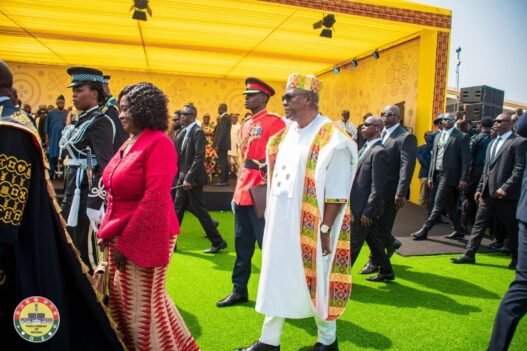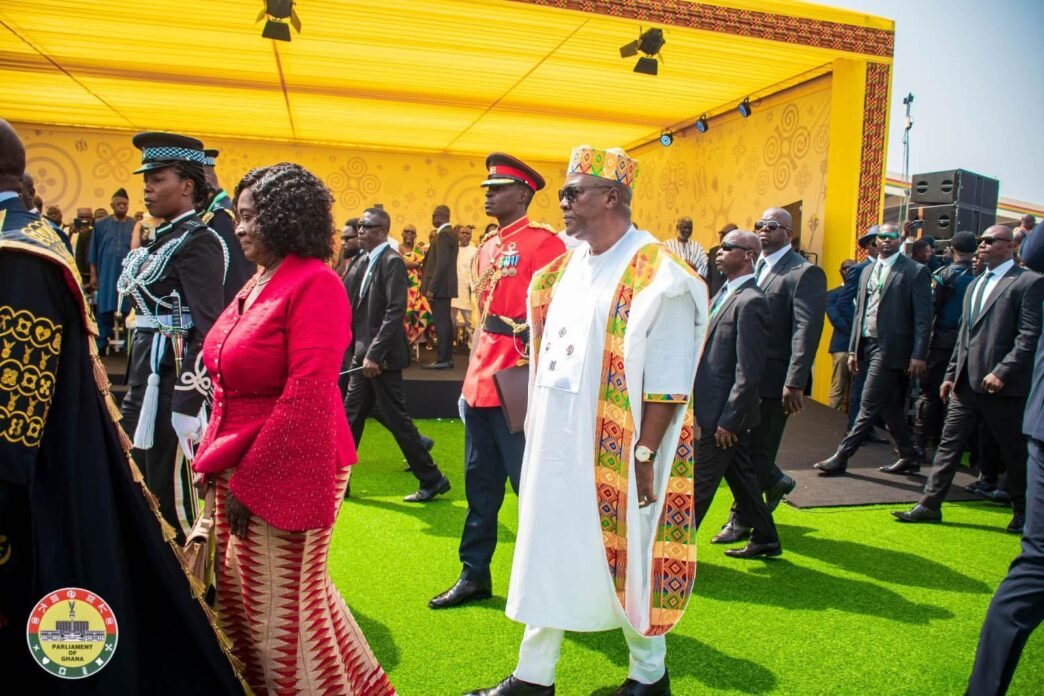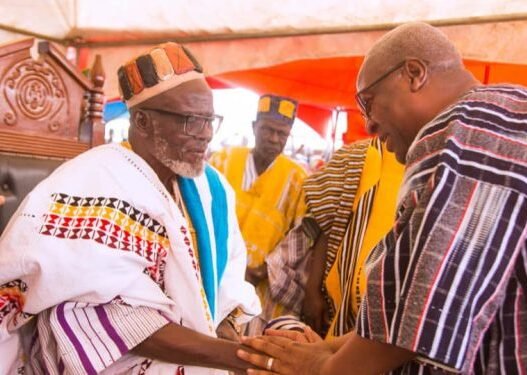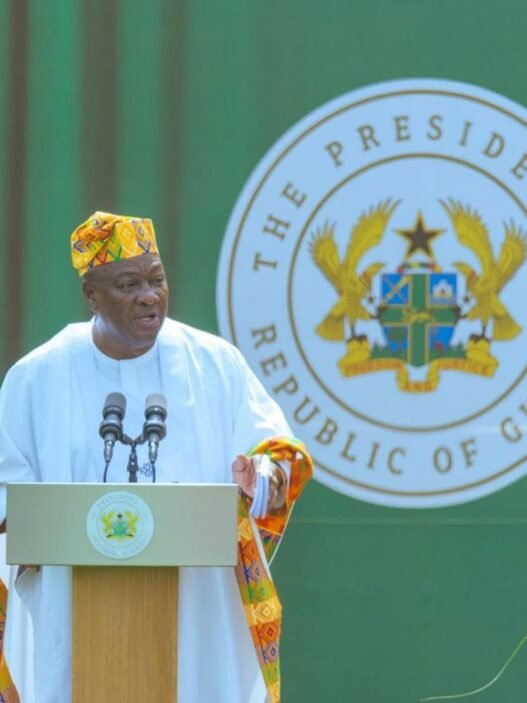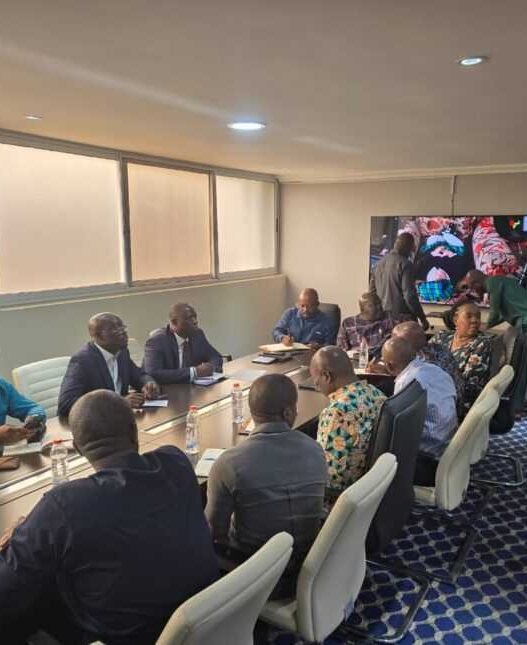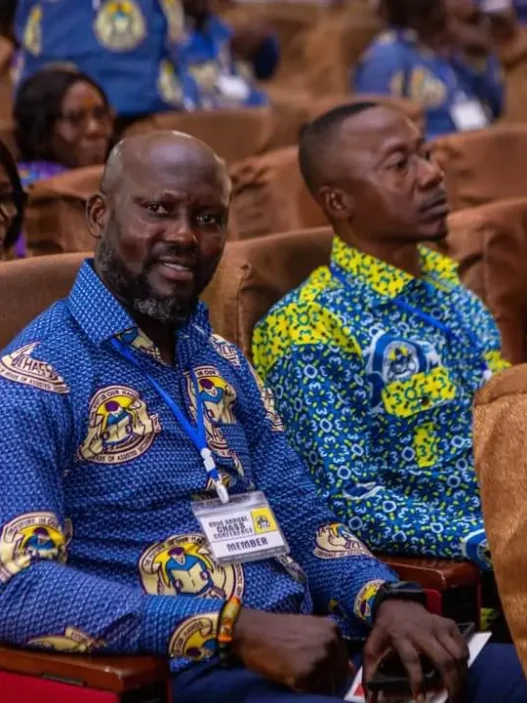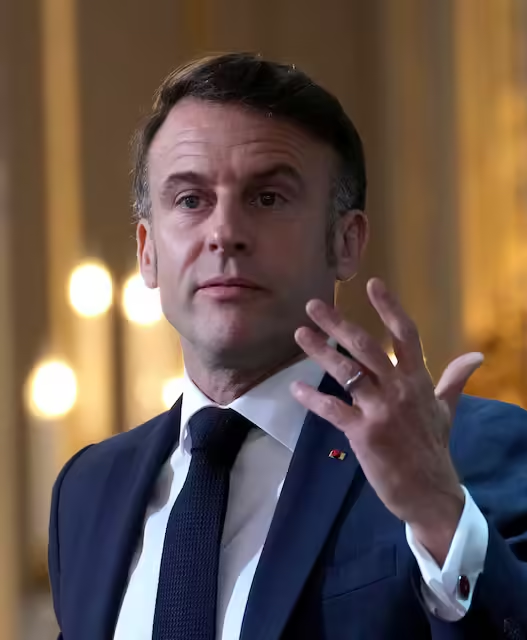His Excellency John Dramani Mahama has officially taken office as President of the Republic of Ghana after being sworn in on Tuesday, January 7, 2025, at the Black Star Square in Accra. This marks his historic return to the presidency, alongside Professor Naana Jane Opoku-Agyemang, who becomes Ghana’s first female Vice President.
The ceremony, attended by local and international dignitaries, marked the transition to a new era of leadership under President Mahama, who has pledged to deliver key reforms and initiatives within his first 120 days in office.
Mahama’s Vision for a Better Ghana
In his inaugural address, President Mahama reaffirmed his commitment to tackling Ghana’s pressing challenges head-on. He outlined a comprehensive 26-point agenda, focused on economic recovery, governance reforms, social interventions, and job creation.
“My brothers and sisters, actions have always spoken louder than words. With that in mind, I have entered into a covenant with you, the good people of Ghana, in which I have enumerated 26 actions that I’ll take within my first 120 days. There is reason for hope, and there is every reason for hope,” President Mahama stated.
He emphasized the importance of faith and collective effort in achieving a “national reset” to place Ghana on a path of sustainable development.
Highlights of President Mahama’s 120-Day Agenda
- Governance and Accountability:
- Nominate and secure parliamentary approval for a complete list of cabinet ministers within 14 days.
- Constitute the leanest and most efficient government under the Fourth Republic within 90 days.
- Institute a robust Code of Conduct for all government officials.
- Conduct forensic audits into major public interest cases, including:
- Collapse of banks.
- COVID-19 expenditure.
- National Cathedral scandal.
- Missing excavators.
- Economic Reforms:
- Hold a National Economic Dialogue to establish a homegrown fiscal consolidation programme.
- Abolish unpopular taxes such as:
- E-Levy.
- COVID Levy.
- 10% Tax on Bet Winnings.
- Emissions Levy.
- Review taxes on vehicles and equipment imported for industrial and agricultural use.
- Establish an Accelerated Export Development Council (AEDC) to promote exports.
- Education and Social Interventions:
- Implement a ‘No-Academic-Fee’ Policy for all first-year students in public tertiary institutions.
- Distribute free sanitary pads to female students in primary and secondary schools.
- Launch Free Tertiary Education for Persons with Disabilities.
- Introduce the Ghana Medical Care Trust (MahamaCares) Fund for improved healthcare access.
- Job Creation and Industrial Revival:
- Launch job creation programmes, including:
- ‘Adwumawura’ Programme.
- ‘National Apprenticeship Programme’.
- ‘One Million Coders Programme’.
- Revise the Customs (Amendment) Act 2020 to lift the ban on importing salvaged vehicles and revive the local automotive industry.
- Launch job creation programmes, including:
- Environmental Sustainability:
- Ban illegal mining and introduce the ‘Tree for Life’ and ‘Blue Water Initiative’ to rehabilitate degraded lands and water bodies.
- Tourism and National Branding:
- Position Ghana as a top global tourist destination through ‘The Black Star Experience’ initiative.
- Justice and Security:
- Reopen investigations into unresolved cases, including:
- Election-related killings.
- By-election violence.
- Murder of investigative journalist Ahmed Hussein-Suale.
- Purge state security agencies of militia and vigilante elements.
- Reopen investigations into unresolved cases, including:
Public Expectations and Oversight
President Mahama’s ambitious agenda signals a decisive effort to address pressing national issues and restore public confidence in governance. His focus on transparency, inclusivity, and economic reforms has been met with optimism, though Ghanaians are poised to closely monitor the administration’s progress.
As the Mahama administration embarks on this transformative journey, citizens and stakeholders are hopeful that these reforms will foster accountability, create opportunities, and bring much-needed relief to households and businesses.









